
Drone Cybersecurity: How to Protect Your UAV from Hacking

Drones are used extensively for various purposes, but their increasing use comes with a new vulnerability: the potential to be hacked by hackers, who are constantly on the lookout for them. Drones have sensors, flight controllers, GPS navigation systems, cameras, and communication modules.
UAVs are susceptible to security weaknesses. These range from weak encryption and unsecured communication channels to software vulnerabilities, such as outdated hardware and software. Understanding these susceptibilities is vital to ensure the security and safety of operations.

Security Risks in Drones
• The most common weaknesses of drones are weak encryption algorithms, default or weak passwords, and unsecured communication channels.
• Another vulnerability is in drones' software and hardware. Outdated software and unpatched vulnerabilities can let hackers access the drones.
• Drones are also vulnerable to signal interference. Hackers can use jamming or spoofing to disrupt communication systems, leading to loss of control.
• Understanding these signal vulnerabilities is vital for protecting against possible attacks.

Going Deep into UAV Hacking
Hacking UAVs is considered a cybercrime in India that infringes on the privacy and security of people and organizations. Drone hacking raises significant legal implications that cannot be overlooked. Companies manufacturing and operating UAVs invest heavily to ensure the security of their products, and hacking them can bring about severe consequences.

Legal Implications of UAV Hacking
Laws with regard to hacking and cybersecurity are different in different countries, making it vital for people to be aware of the legal implications involved.
Unauthorized access to a UAV threatens privacy and national security. Companies manufacturing UAVs invest substantially to ensure the security of their products, and any breach can have big implications.

Tools and Techniques Used for UAV Hacking
• Hacking UAVs requires both tools and methods, and both software and hardware play vital roles.
• Regarding hardware, hackers use Radio Frequency transceivers to intercept and manipulate UAV communication signals. By examining and tampering with these signals, hackers control the UAV.
• Another vital tool is a software-defined radio (SDR). SDRs let hackers demodulate and decode UAV communication signals, examine frequencies, and inject malicious data into the UAV’s systems. These devices have transformed drone hacking, allowing for a deeper understanding of UAV vulnerabilities.
• Metasploit is a penetration testing framework that provides hackers with comprehensive features tailored to UAV hacking scenarios. With its vast competencies, hackers can effectively determine and exploit vulnerabilities.
• Specific UAV hacking frameworks and general-purpose tools like Metasploit have emerged recently. These frameworks offer pre-built exploits and modules intended explicitly for UAV hacking.
• By offering a streamlined interface, these frameworks make UAV hacking more accessible to beginners and experienced hackers.

Steps to Hack a UAV
Identifying a Target UAV
The first step in hacking a UAV is target identification. Identifying the UAV's model is crucial, as UAVs have different vulnerabilities. Once the targets are selected, hackers can start researching the vulnerabilities and exploit the same.
Choosing the correct target is important in the hacking process. Factors such as the UAV’s intended use, security measures, and communication systems all play a role in determining the viability and possible impact of a successful hack.
Gathering Info about the Target
Gathering information about the target UAV is vital for a successful hack. Hackers can study the UAV’s specifications, examine its communication protocols, and monitor its flight patterns and behaviour. The more information attained, the better the chances of finding a vulnerability.
The technical specs of UAVs can disclose hidden vulnerabilities that may not initially come to the forefront. Hackers can identify weak points and gain unlawful access by understanding how the UAV operates and communicates.
Performing the Hack
The hack is executed once the target is identified once the target UAV and adequate data is gathered. Depending on the susceptibilities, many techniques are used, for example, intercepting communication signals, injecting malicious code, or exploiting weaknesses in the software. The goal is to gain control over the UAV, operate its behaviour, or extract sensitive data.
The execution requires precision. Hackers navigate intricate systems and safety measures to attain their objectives without alerting the UAV’s operators.

Real Incident of Drone Hacking
According to a report of India Today, In the past year, drones of the Indian Army acquired under the ‘Make in India’ initiative have been hacked into border areas. The militaries are using drones for intelligence-gathering, reconnaissance, and offensive purposes. The Indian military has also been pressing drones into border areas for surveillance and assisting the ground forces in their operations.
The drones of the Indian Army have been hacked twice over the past year, first at the LAC in eastern Ladakh and then at the LoC.The drones were hacked by misusing Chinese components in them.

Protecting Your UAV
Given the risks of UAV hacking, UAV operators should be alerted to protect their drones and data. Guaranteeing the security of UAVs is supreme in today’s age, where cyber threats continuously become more sophisticated.
UAVs are susceptible to cyberattacks, such as GPS spoofing, data interception, and remote hijacking. As such, UAV manufacturers and operators must implement security measures to stay ahead of possible threats.
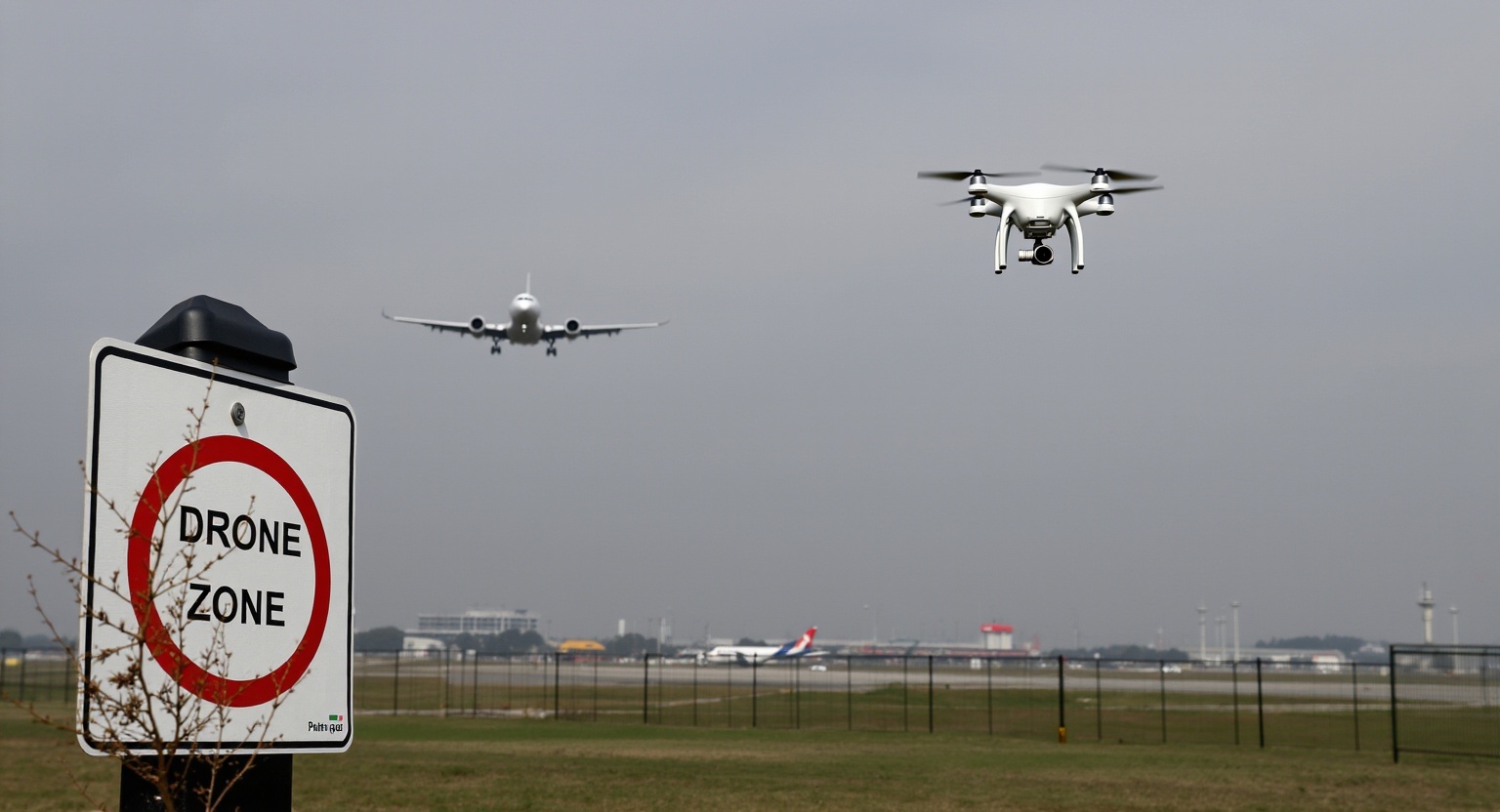
Common UAV Security Measures
UAV operators can take several measures to improve the security of their UAVs. These measures comprise implementing robust encryption algorithms, using safe communication protocols, updating software and firmware, and applying password policies. Encryption is vital in protecting sensitive data transmitted between the UAV and the ground control station, guaranteeing it remains secure.

Advanced Protection Techniques for UAVs
Cutting-edge protection techniques go beyond standard security measures and include using trailblazing technologies and methodologies to safeguard UAVs. These methods might comprise anomaly detection systems, intrusion detection systems, and artificial intelligence-powered security solutions. Anomaly detection systems can help identify unusual patterns or behaviours in UAV operations, alerting operators to potential security breaches in real-time.
Furthermore, drone pilots can employ safe coding practices throughout UAV software development to avoid introducing susceptibilities. Regular security audits and penetration testing can help recognize and patch any weaknesses before hackers exploit them. By assessing the UAV’s security posture and addressing any susceptibilities, operators can lessen the risk of cyberattacks and guarantee the safe operation of their UAVs.

The Future of UAV Hacking
As UAV technology evolves, so does the complexity of UAV hacking techniques. Staying informed about the latest trends is vital to familiarizing and protecting UAV systems effectively.
With the rapid progression of UAV technology, the future of UAV hacking presents a multifaceted landscape that demands continuous vigilance and innovation. As drones become more integrated into various industries, the possible impact of UAV hacking grows exponentially. Understanding the developing trends and predicted expansions in UAV technology and cybersecurity is vital for safeguarding these systems.

Emerging Trends in Drone Technology
The drone industry is advancing rapidly. These include enhanced flight capabilities, autonomy, and the incorporation of AI and IoT. These progressions bring new vulnerabilities that hackers can exploit.
As drones push boundaries regarding flight range, payload capacity, and operational efficiency, the reliance on AI and IoT becomes more pronounced. AI enable drones to function autonomously, making choices based on instantaneous data. However, this opens avenues for potential exploitation by hackers seeking to disrupt drone missions.
Also, integrating IoT devices into UAV systems allows for seamless communication and data exchange, enhancing operational capabilities. Yet, this interconnection also poses security risks, as each connected device represents an entry point for cyber-attacks. Safeguarding UAVs against these threats requires a proactive approach to cybersecurity, addressing current vulnerabilities and anticipating future risks.

Predicted Developments in UAV Cybersecurity
UAV cybersecurity will be a priority. Increased collaboration between governments, controlling bodies, and cybersecurity experts to establish robust frameworks and regulations to protect UAVs from hacking.
As the demand for secure UAV operations grows, companies focusing on UAV cybersecurity will play an important role in fortifying defence mechanisms against hacking attempts. These firms will be at the vanguard of developing pioneering security solutions tailored to the challenges posed by UAV systems. By conducting vulnerability assessments and providing targeted training programs, these cybersecurity experts will authorize UAV operators to mitigate risks efficiently and ensure the veracity of their missions.
Final Few Words
UAV hacking is no longer a theoretical concept; it is a real and growing concern. As UAVs become more prevalent in our society, so does the need for robust cybersecurity measures to protect them. Understanding the vulnerabilities, ethical considerations, tools, and techniques of UAV hacking is essential for hackers and UAV operators. We can contribute to a safe and secure UAV ecosystem by staying informed and proactive.
With the increasing use of drones in various industries, more and more people look forward to being a part of this lucrative sector. With the need for drone cybersecurity increasing, the demand for drone pilots and instructors is also rising. If you want to become a licensed drone potential, you can always come to us at Flapone Aviation. Here, we offer the best training at the best prices.
Related Blog
Latest updates and insights from Flapone Aviation.
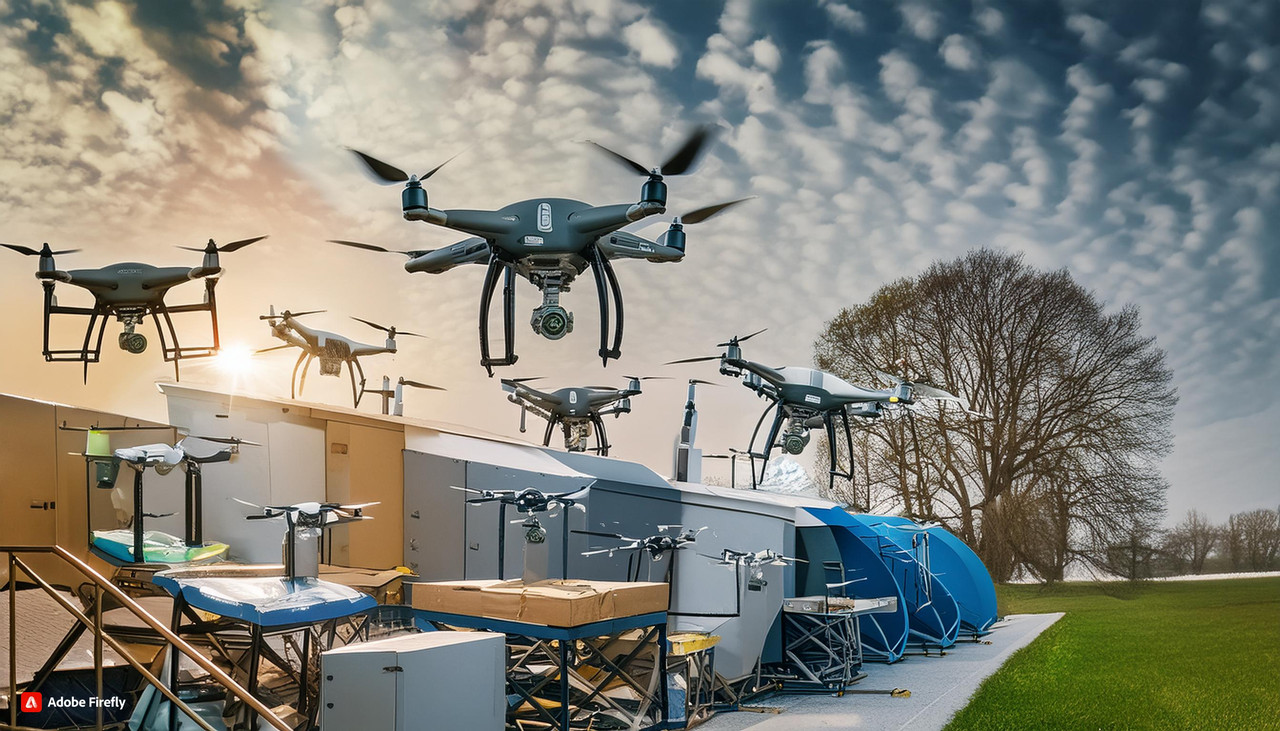
What Types of Drones Are Present in the Market?
October 8, 2024
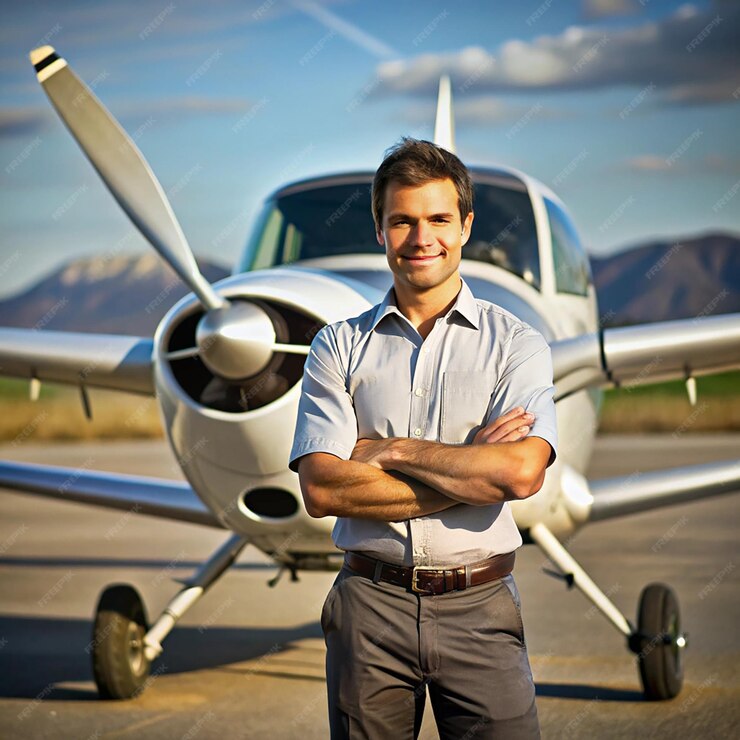
How to Become a Pilot After 12th in India?
February 7, 2025
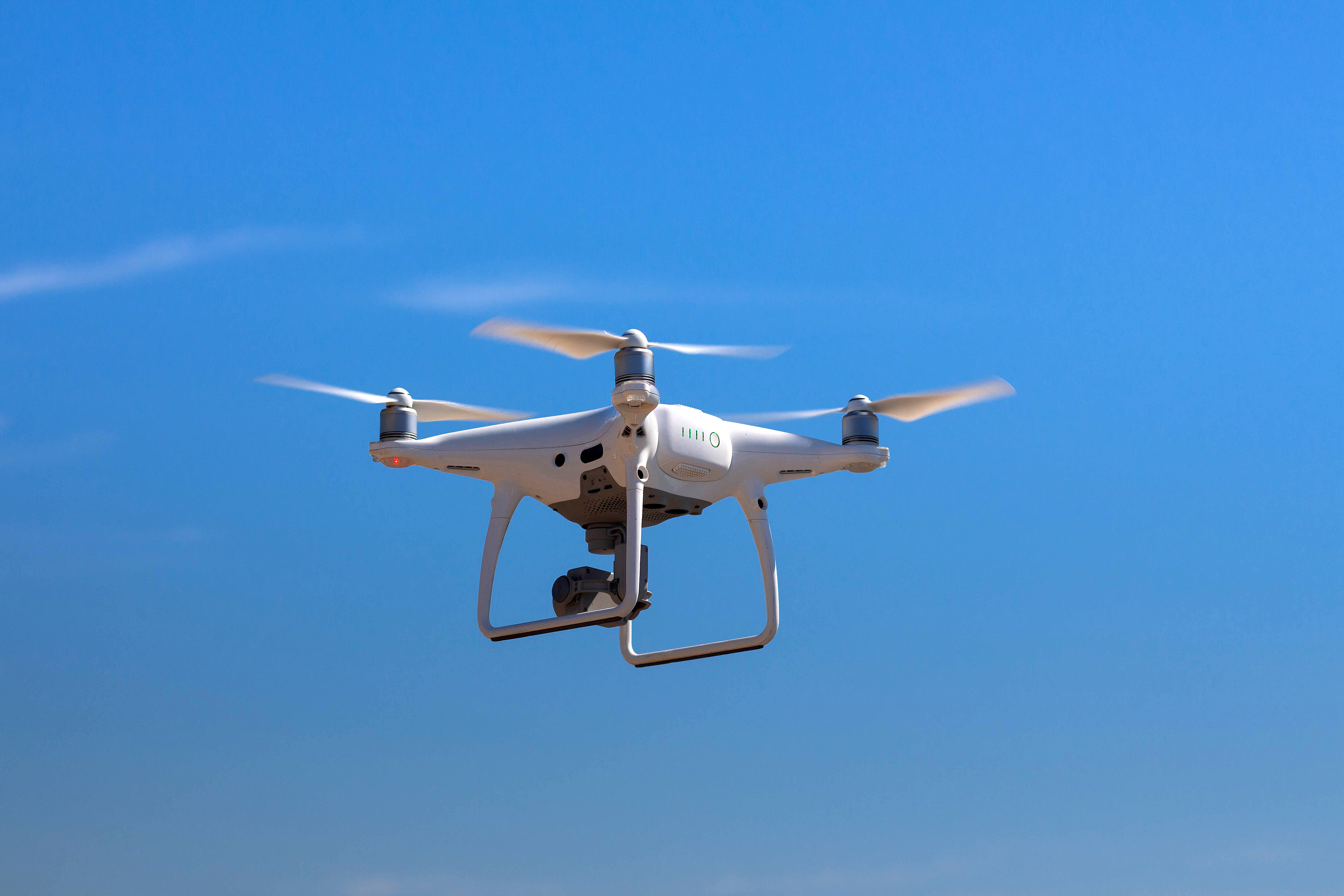
What are the Basics of Drone Piloting?
February 7, 2025
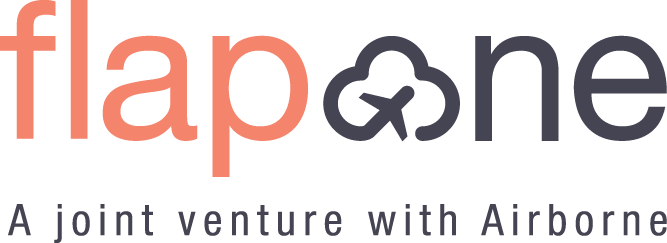



Author Bio
A dynamic and seasoned content writer with 6 years of experience curating content for different platforms. With the knowledge of all the cogs of content writing and SEO, he has served in various industries. He believes that content is the kingpin, and if penned well, it has a lasting impact on the minds of the readers. Apart from content creation, he is also an ardent poetry lover and performer. He has two publications of his poetry collection, namely Alfaaz and Chestha